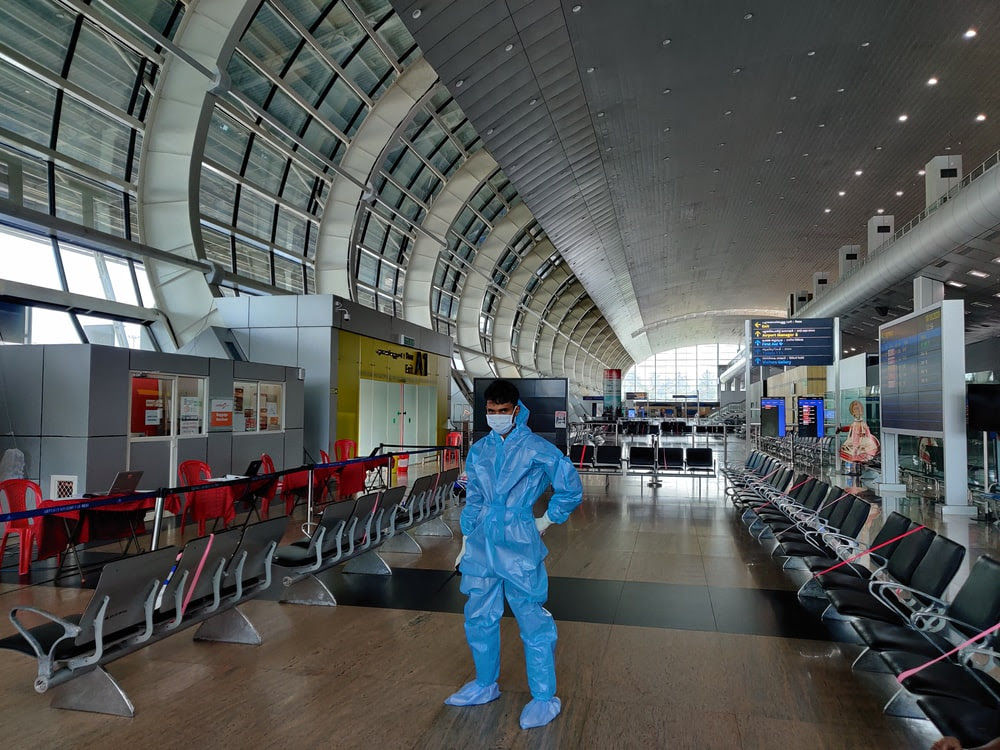Par MDS- Staff 19 , 6 Janvier 2021
The second injection of the COVID-19 vaccine developed by Pfizer and BioNTech may be delayed for a few weeks under "exceptional circumstances," World Health Organization experts said Tuesday.
The WHO's Strategic Advisory Group of Experts (SAGE) on Immunization "recommends the administration of two doses of this vaccine within 21 to 28 days," said its chairman, Alejandro Cravioto, at a press conference, but said the second injection could be delayed for a few weeks "in exceptional circumstances of epidemiological contexts and supply constraints.
During the same press conference, Kate O'Brien, director of the WHO's Immunization and Vaccines Department, warned that the delay could not exceed six weeks. The announcement by WHO experts comes as BioNTech warned Tuesday that the maximum effectiveness of its COVID-19 vaccine has not been demonstrated if the second injection is delayed, a strategy that many countries are using or considering to vaccinate more people.
The efficacy and safety of the vaccine has not been evaluated for other dosing schedules "than the two injections spaced 21 days apart applied in the clinical trial," explained the German company, which developed with the U.S. laboratory Pfizer the first vaccine licensed in the U.S. and the EU.
Denmark announced Monday that it will space the two doses up to six weeks apart due to limited stocks of the product; the United Kingdom, which licensed the vaccine before the EU in early December, allows up to 12 weeks between injections; and in Germany, the health ministry asked health authorities to evaluate options to extend the time frame, according to a document consulted by AFP on Monday.
Travelers
The WHO expert group on Tuesday made a series of recommendations regarding Pfizer/BioNTech's COVID-19 vaccine, including that the vaccine should only be given in settings where anaphylactic shock (a severe allergic reaction) can be treated. Due to the lack of data on pregnant and lactating women, the experts prefer not to make recommendations at this time, but Cravioto stressed that "the benefits of vaccinating pregnant women outweigh the potential risk" in some cases, such as health workers at high risk of infection.
And if a woman is in a high-risk group, "we recommend vaccination without stopping breastfeeding," he said, and the panel does not currently recommend vaccination of international travelers unless they are in a high-risk group. Finally, noting that current data show that symptomatic re-infection within six months of a first infection is rare, they recommend that those who test positive by PCR test in the previous six months delay vaccination until the end of that period.
With Agence France Presse



Comment here